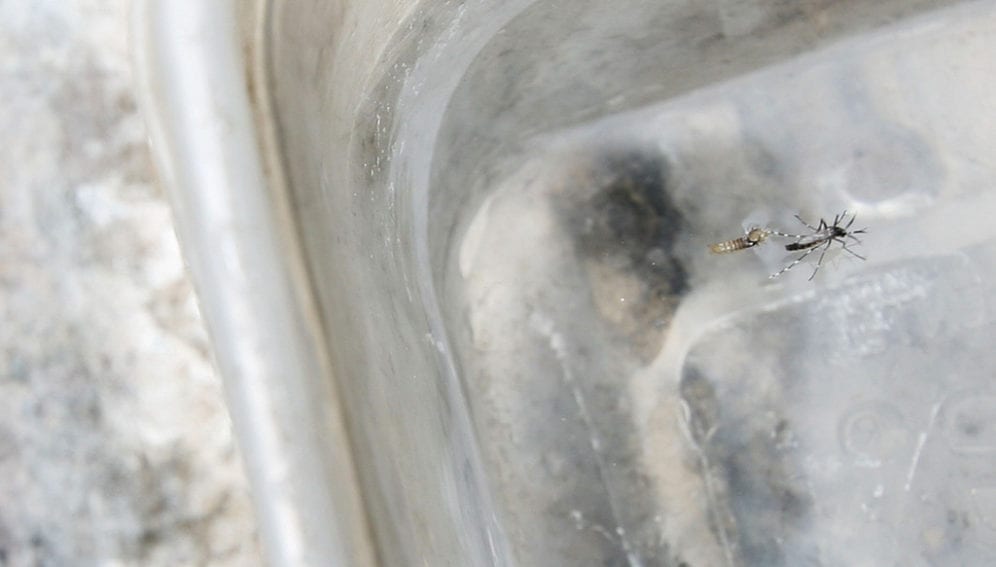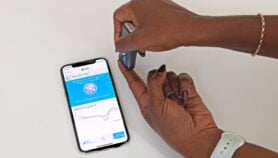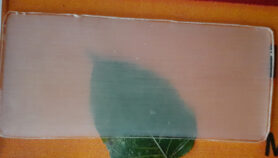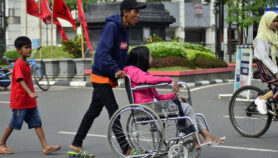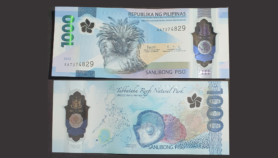By: Mike Ives
Send to a friend
The details you provide on this page will not be used to send unsolicited email, and will not be sold to a 3rd party. See privacy policy.
[HANOI] An emerging technique for identifying a mosquito’s age using gene markers is aiding a team of researchers in Vietnam find a promising new approach in gauging mosquito survival patterns to break the transmission cycle of dengue.
The gene collection method, called “transcriptional profiling”, analysed the age of a batch of Aedes aegypti mosquitoes infected with a strain of Wolbachia pipientis bacteria that induces virus interference and shortens mosquito lifespan. The field experiments took place in a village in Hon Mieu Island in central Vietnam.
The study, published in the online journal PLOS Neglected Tropical Diseases last month (13 February), found that the year-round presence of these mosquitoes, if older than 12 days, was likely to facilitate the continuity of dengue transmission.
The research noted that mosquito survival rates were highest during the dry/cool (January-April) and dry/hot (May-August) seasons, when 92 per cent and 64 per cent of the Hon Mieu mosquitoes, respectively, had survived to an age that they were able to transmit dengue (12 days). This went down to 29 per cent during the wet/cool season (September-December).
“Researchers have long struggled to determine precisely how old wild mosquito populations are, partly because the common method for doing so — dissection — was more limited than newer ones,” according to Leon Hugo, the study’s lead author and research officer of the QIMR Berghofer Medical Research Institute in Brisbane, Australia.
Hugo says transcriptional profiling is based on four gene markers and is more accurate than dissection. The method is one of several new ways of determining a mosquito's age, along with near infrared spectroscopy and gas chromatography.
Hugo emphasises that mosquito age is just one of several factors that are believed to influence rates of dengue transmission. Others include the feeding preference of dengue-carrying mosquitoes and the number of times that mosquitoes bite a given person.
“The study is significant in part because it can potentially help researchers and policymakers develop more effective mosquito-control programmes for fighting dengue,” says Laura Harrington, a professor of entomology at Cornell University in the United States, who was not involved in the study.
“Transcriptional profiling allowed the authors to age mosquitoes beyond the limitations of other techniques,” Harrington tells SciDev.Net.
Harrington adds that knowing the age of dengue-transmitting mosquitoes is “critically important” because many researchers have wondered how mosquitoes with very low population densities are often able to transmit the disease to humans. She says the common assumption is that older female mosquitoes account for most human infections.
Link to full paper in PLOS Neglected Tropical Diseases
This article has been produced by SciDev.Net's South-East Asia & Pacific desk.


